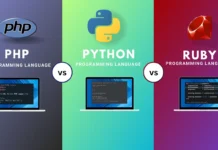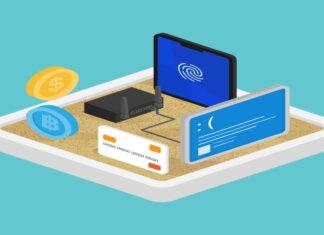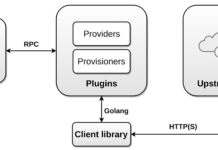Things a Beginner Programmer Should Avoid
1. Trying to Learn Everything at Once:
- Focus on fundamentals: Start with basic concepts like variables, data types, control flow, and functions.
- Build a strong foundation: Once you have a solid understanding of these basics, you can gradually move on to more advanced topics.
2. Overcomplicating Things:
- Keep it simple: Don’t try to solve problems with overly complex solutions.
- Break down problems: Divide larger problems into smaller, more manageable subproblems.
3. Not Asking for Help:
- Don’t be afraid to ask: If you’re stuck, don’t hesitate to ask for help from a teacher, tutor, or online community.
- Utilize resources: There are many resources available online, such as tutorials, forums, and documentation.
4. Giving Up Too Easily:
- Programming is challenging: It’s normal to encounter obstacles and setbacks.
- Persevere: Keep practicing and learning, and don’t give up on your goals.
5. Ignoring Best Practices:
- Follow coding conventions: Adhering to coding standards can make your code more readable and maintainable.
- Use meaningful variable names: Choose names that clearly convey the purpose of variables.
REMEMBER: ALWAYS ASK FOR HELP!

6. Not Testing Your Code:
- Thorough testing: Ensure your code works as expected by testing it with various inputs.
- Debugging: Use debugging tools to identify and fix errors in your code.
7. Comparing Yourself to Others:
- Everyone learns at their own pace: Don’t get discouraged if others seem to progress faster.
- Focus on your own journey: Celebrate your achievements and learn from your mistakes.
Remember, programming is a skill that takes time and practice to develop. By avoiding these common pitfalls, you can set yourself up for success as a beginner programmer.
















